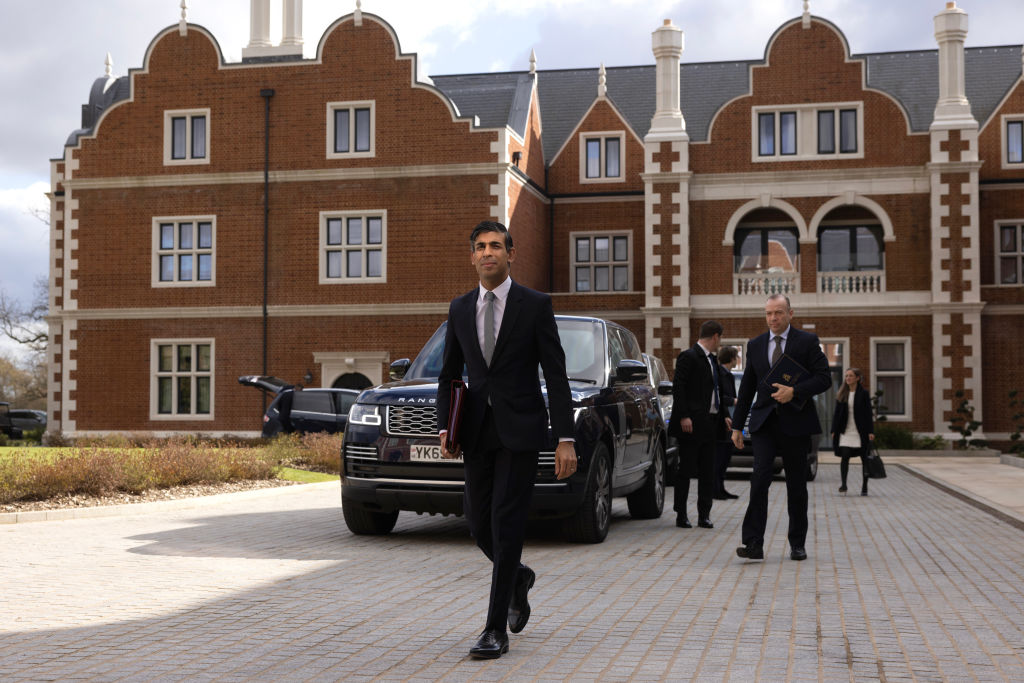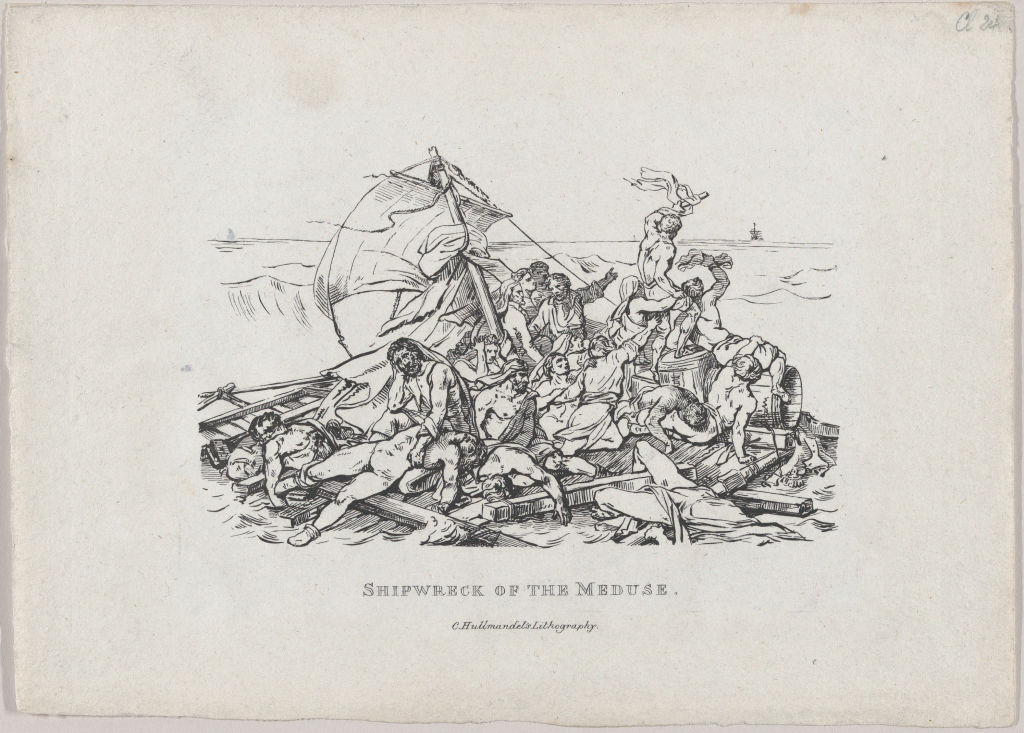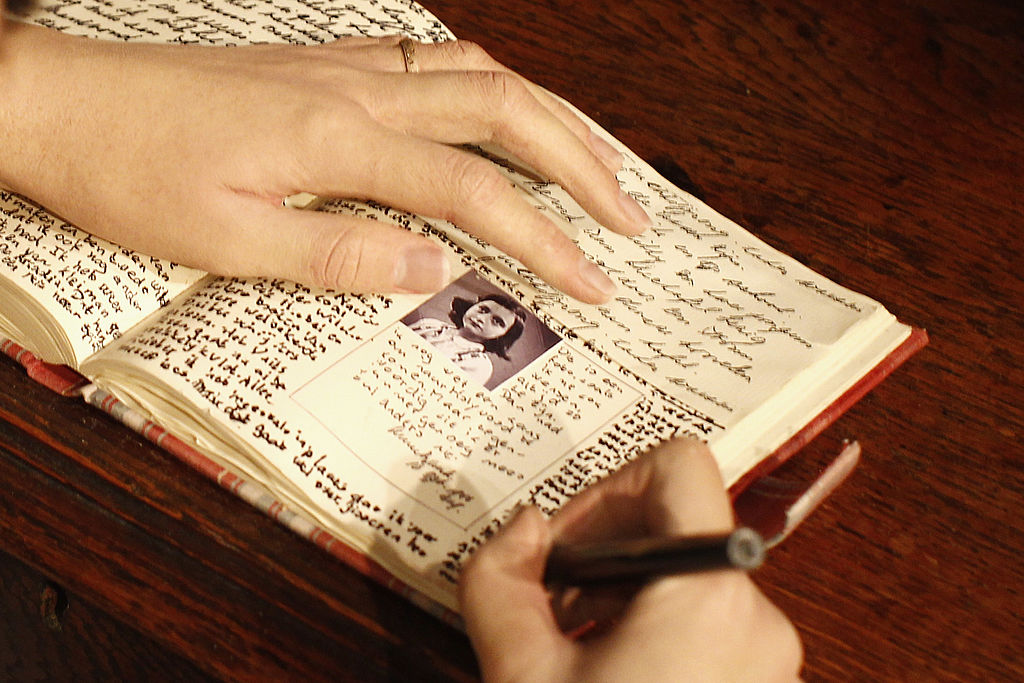In his desperation for any good news and for something, anything, to shift his dial of misery the UK Prime Minister is chucking policies at the wall like an amateur chef chucking half cooked spaghetti at a wall. His latest idea is up there with John Major’s traffic cone hotline and Ed Miliband’s great policy megalith, the Ed Stone.
The plan is to ban the under 16s from using social media. Officially most social media organisations and corporations have a nominal ban on under 16s using their services, Facebook, X and Instagram all have terms and conditions that bar youngsters from having accounts, but of course, this will be a very popular policy amongst two sorts of people.
The first group is the open, public target audience for this sort of policy. He knows that in this post-Covid world large swathes of his own Tory base are content with the habit of governmental control. In a poll from earlier in December over a fifth of the British population want to have a permanent lockdown. 30 per cent of people want to close nightclubs, 22 per cent support restoring the rule of six immediately, and 20 per cent want to shut all restaurants and ban people from leaving home except for essential purposes. And these people are the ones most likely to defect to Reform UK whose poll ratings have forced the Government into its Gordian Knot of a Rwanda immigration policy.
Rishi and his advisors no doubt correctly assume that the sort of people that want to ban their youth from having any fun in life are also the sort of people who are most scared by the dark edges of the social media giants. The places where bullies live, groomers, and drug dealers lurk, there to prey upon their children.
Most importantly for people who want government to stop them from foolishly going to a library, or out for a pint or a bottle of wine are exactly the same sort of people who want government to take responsibility for bringing up their own children.
Many people, indeed most people, are well aware that adolescents spend far too much time, nose to phone. They also know that far from groomers the vast majority of these teens are more likely checking out grooming tips from their favourite TikToker or YouTuber. But the age old generational divide and conflict is exacerbated by an earbud wall of silence.
It is very hard to take social media from a truculent 5th former, very hard indeed. Parenting is tough work and these days most parents think that it’s all about being nice rather than setting, and delivering boundaries. Saying “No” to your children is now about as rare as a poor fonctionnaire, so what is better than to get the state to do it for you.
“I’m so sorry Tarquars you can’t have half an hour on SnapChat, the government says no, here, have a tear and goji fruit smoothie”.
Of course, this is ridiculous as it is entirely and ludicrously unpoliceable. How on earth would the government impose such compulsion.
Ah, you see this is where the other group of people who will love this legislation come in. Importantly it is the sort of policy that appeals to the technocratic bureaucratic mind of Whitehall and the supra national governmental institutions that so bedevil contemporary democracy. Because of course governments cannot police this sort of ban, and parents won’t. So let’s see who can, yes it’s the providers of these services. Yet again, we see a governmental decision designed not in fact to be delivered by government or its agencies, while simultaneously further infantilising parental responsibility and the family space.
But of course the delivery will be by the social media corporations themselves, under the penalty of increasingly swinging fines. For them to be able to police this sort of policy would require such identity software as to make Big Brother blush.
It will in turn strip social media of its accessibility and relative anonymity. Freedom sacrificed on the backs of pettifogging control, cutting the big boys – yes that means you Mr Musk – down to size and accruing more power to the centre.
Of course, it will not work, for teens will, as they always have, find ways to circumvent the bans, with increasingly hidden networks and secret systems.
It won’t work, but it will be popular. That being said, this popularity of a single policy will still not make a blind difference to Sunak’s election prospects. Any discussion of which, for his own team of strategists, should come with a parental warning certificate.






Can the Left keep taking the Muslim vote for granted? There are early signs that Keir Starmer’s Labour is losing its grip